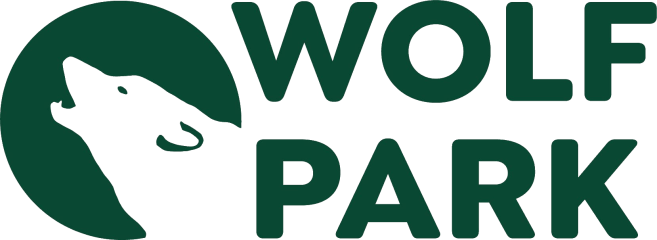Photography Seminars are designed for beginner-intermediate photographers who want to hone their skills in wildlife photography. Learn photography tips from world renowned wolf photographer Monty Sloan before photographing our wolves and foxes. You do not have to be a “professional” photographer to attend!
Professional Photography Sessions are designed for photographers already skilled at wildlife photography. No formal photography instruction is provided, though there are plenty of opportunities to chat with world-renowned wolf photographer, Monty Sloan. Be prepared with extra SD cards for this incredible photography opportunity with wolves and foxes.
Photography Mini Sessions are geared towards individuals seeking a unique photography experience to get references for art, film, or personal enjoyment. Amateur photographers are welcome! This fast paced program will include photography sessions with wolves and foxes and opportunities to chat with our staff photographer and animal care staff.
Private Photography Programs include private photography tours and private photography sessions. Photography tours are facilitated through-the-fence. Private photography sessions are geared for photo clubs, photographers wanting unique images, or individuals who need a specific date outside our regular sessions.
FREQUENTLY ASKED QUESTIONS
-
Your needs will determine what photography program is right for you! Our Photography Seminars are geared towards beginner – intermediate photographers who may benefit from learning techniques and tips from our staff photographer. Our Professional Photography Sessions are designed for intermediate to advanced photographers who don’t need coaching. Our Photography Mini Sessions are perfect for any level of photographer for a unique experience or to get reference photos for art.
-
Sessions will be held in most weather, including rain or snow. We have not yet canceled a seminar due to weather; the wolves are even more interesting, more active and the photo opportunities are better in inclement weather. When it’s raining, there is usually time to head inside for cover between downpours. The schedule may change if we are working around rain showers. Program breaks will occur if there is lightning nearby.
-
Phones are not permitted to use as primary “cameras”.
-
Our photography programs are designed to provide opportunities to observe and photograph wolves and foxes in a naturalistic environment. We don’t actively encourage or facilitate interactions with our animals during photography programs, but our ambassador animals are socialized and may decide to interact with participants. If they do, participants are instructed to focus on the interaction rather than focusing on their phone.
-
Seating is not allowed and foam padding on tripod legs is not allowed. However metal tripods with no foam, such as a Bogan tripod, may be allowed on a case by case basis. But most photographers end up abandoning them as we move around the enclosure quite a lot.
-
A DSLR is recommended for our photography programs but point and shoot cameras are perfectly acceptable as well. Phones are not permitted for use as cameras for our photography sessions.
-
Our staff photographer Monty Sloan recommends bringing: a flash if you have one (fill flash is useful in photographing the wolves under many lighting conditions), a faster lens even if a shorter focal length (in case light becomes limited), extra SD cards and batteries, and a longer focal length lens is recommended (at least 200mm or longer zoom). Additional equipment information will be provided in our Welcome Packet.
-
Our photography programs are designed to provide opportunities to observe and photograph wolves and foxes in a naturalistic environment. We don’t actively encourage or facilitate interactions with our animals during photography programs, but our ambassador animals are socialized and may decide to interact with participants. If you would like a more interactive program, please consider our Visiting Sponsorship program.
-
Participants are required to wear long pants and closed toe shoes. We recommend boots with good traction as we often move through uneven ground in our natural habitat enclosures. Most jewelry must be removed. Rubber or plastic raincoats are not allowed. Camera bags, cases, fanny packs, backpacks, etc. are not allowed. We recommend you wear clothing with pockets to carry extra gear, but the pockets must be large enough to fully contain your gear. We recommend you bring small dish rags/hand towels to shield your camera from snow and rain. Further instructions will be provided in our Welcome Packet.
